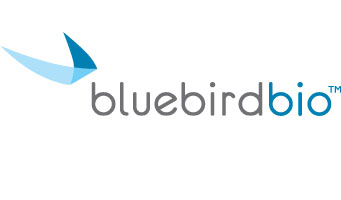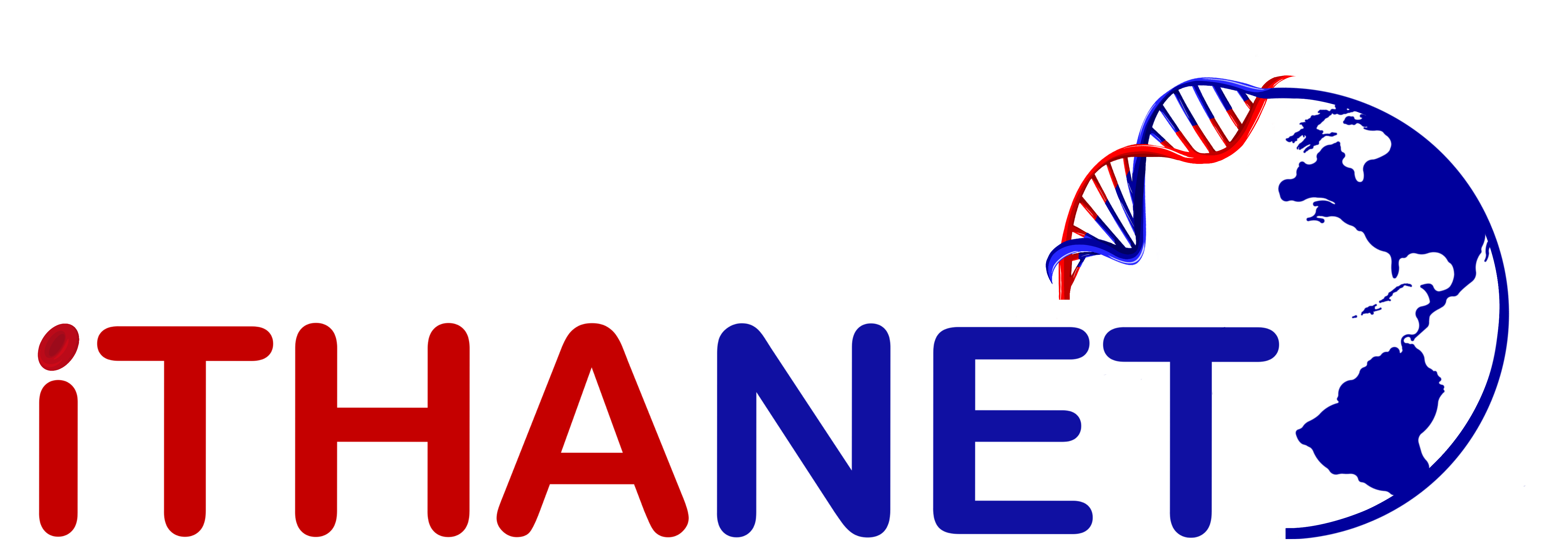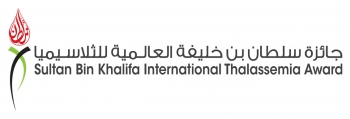
Gene therapy firm Bluebird Bio awarded $9.3 million from the California Institute for Regenerative Medicine (CIRM) to support a Phase I/II study evaluating bluebird’s LentiGlobin® treatment for β-thalassemia. The trial is scheduled to start in the U.S. next year. The CIRM grant is one of the first to have been made through the Institute’s new Strategic Partnership Awards initiative.
Read the News Release for more information



